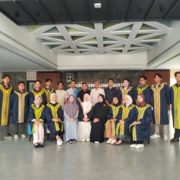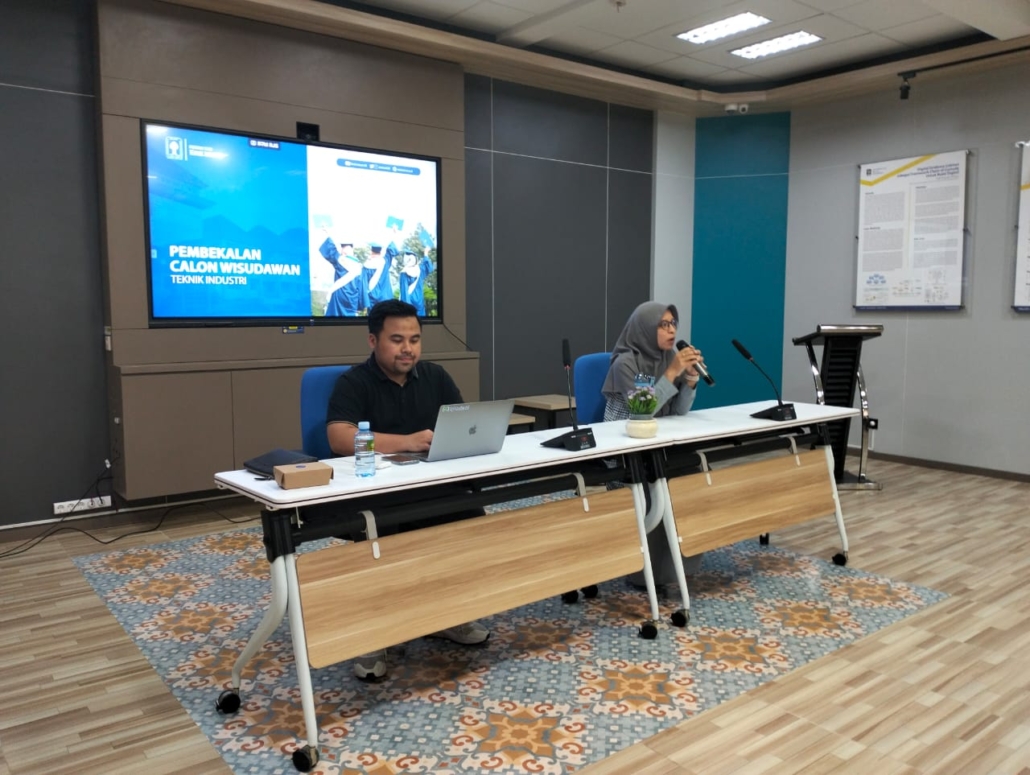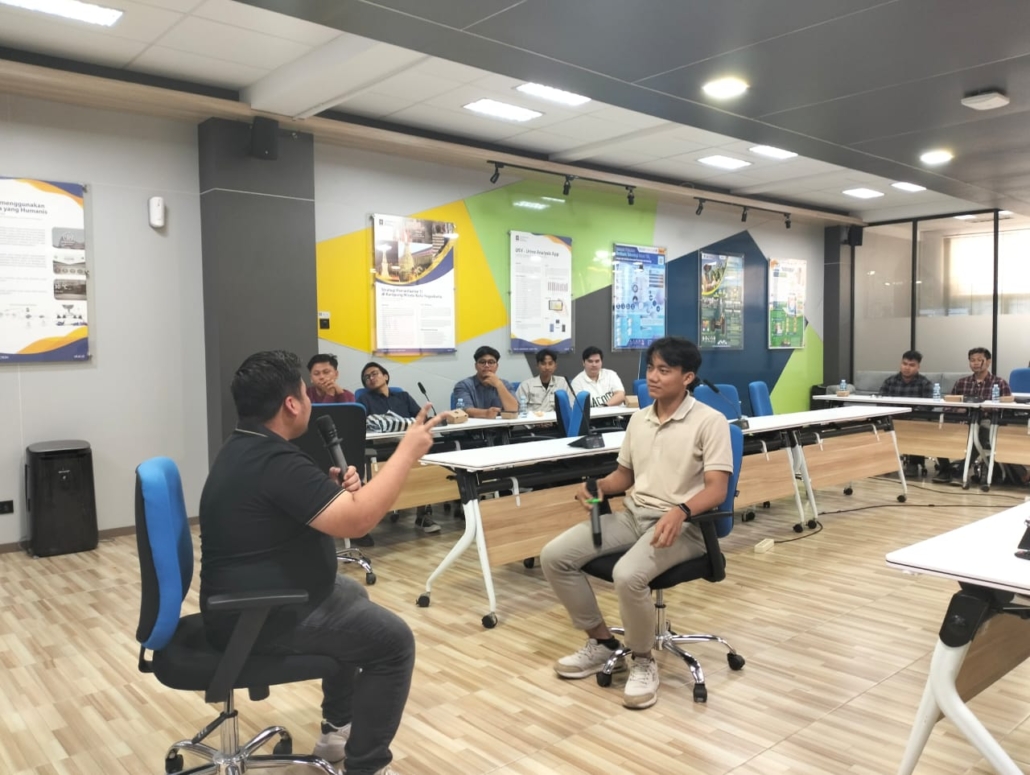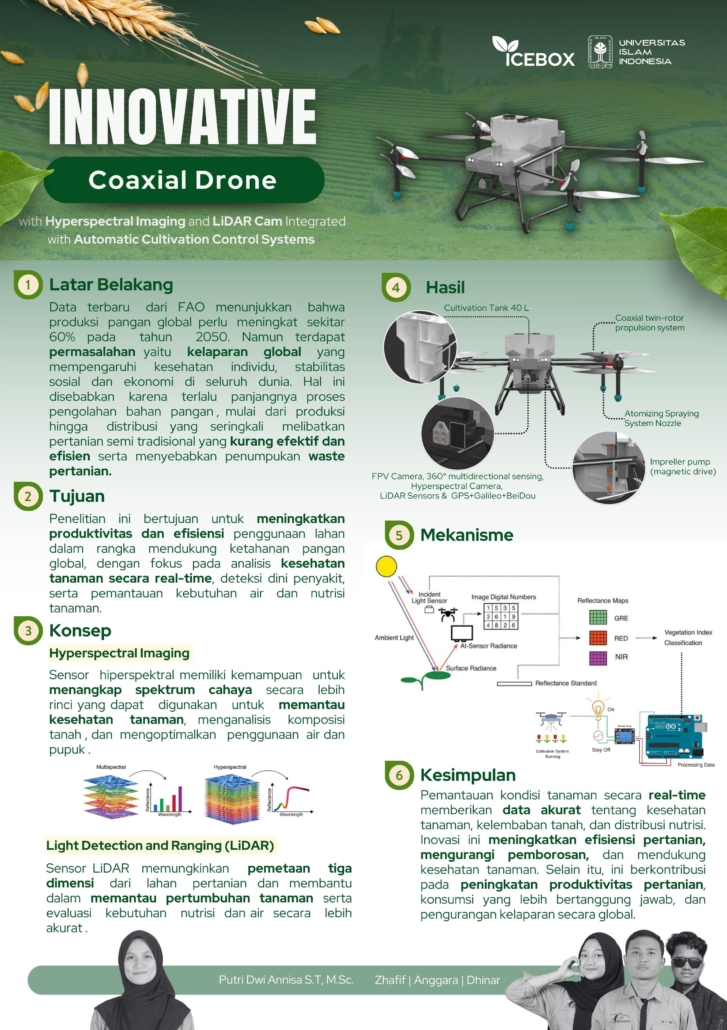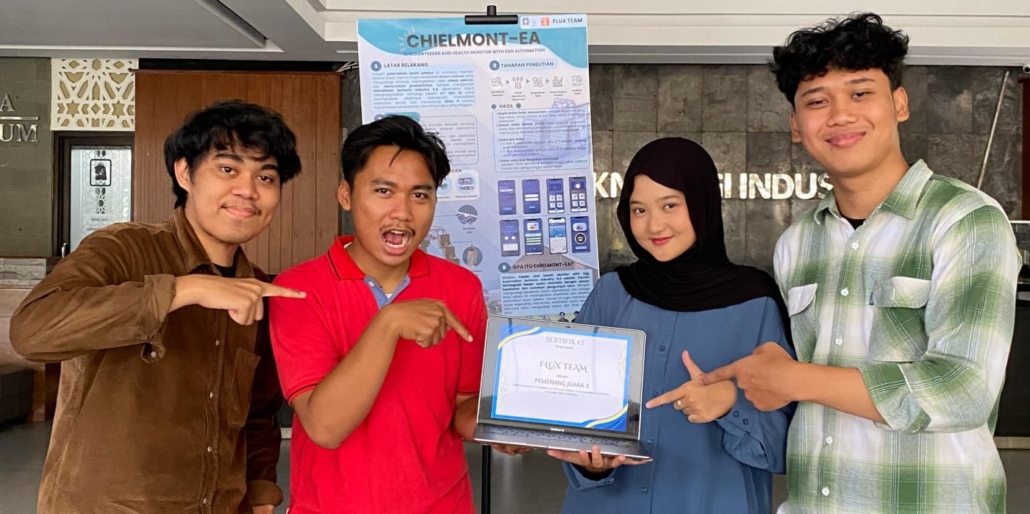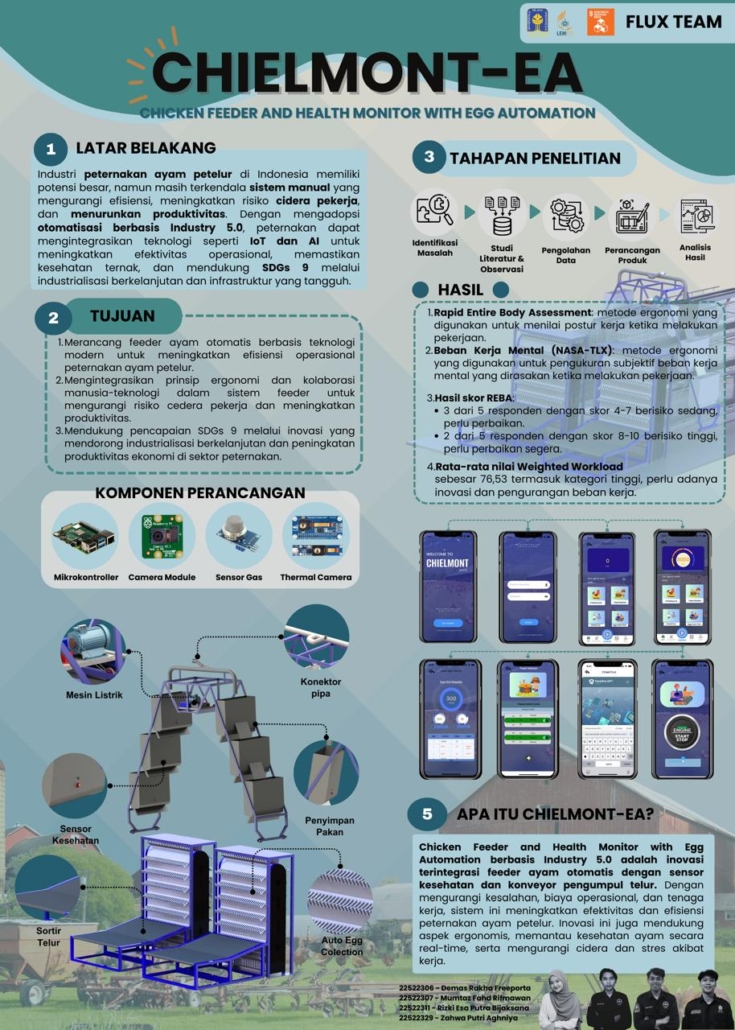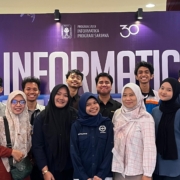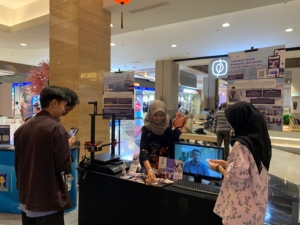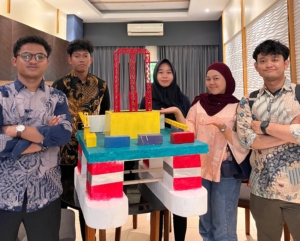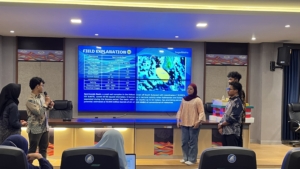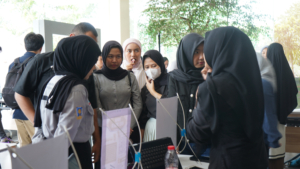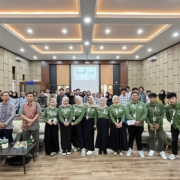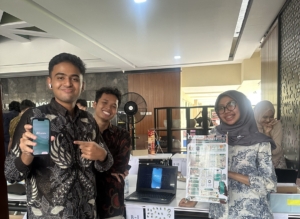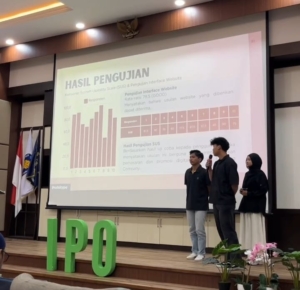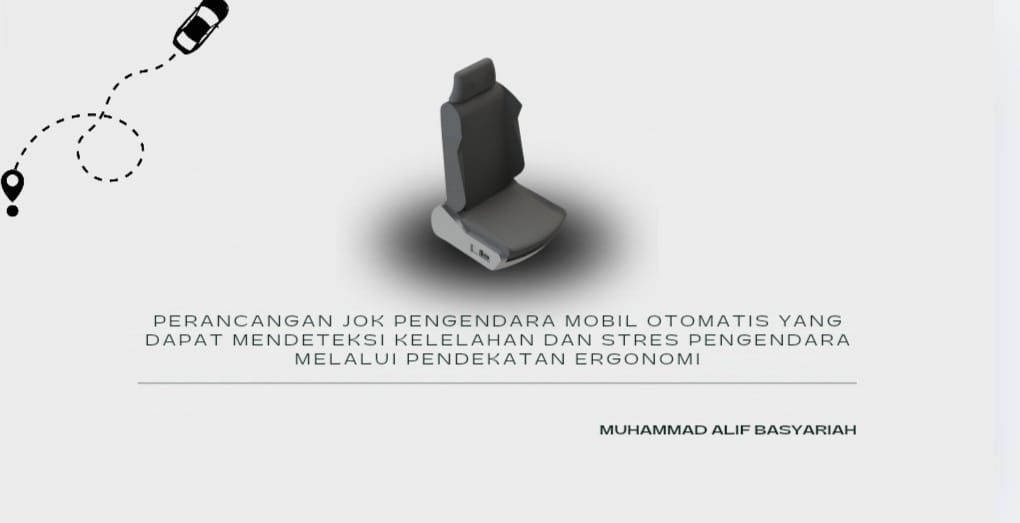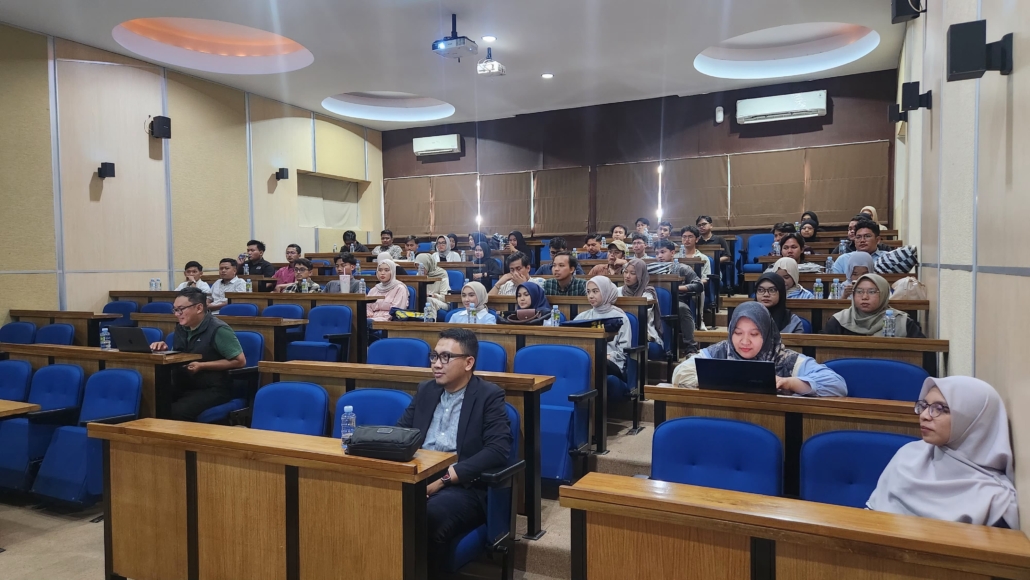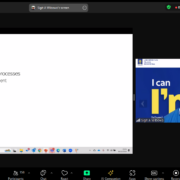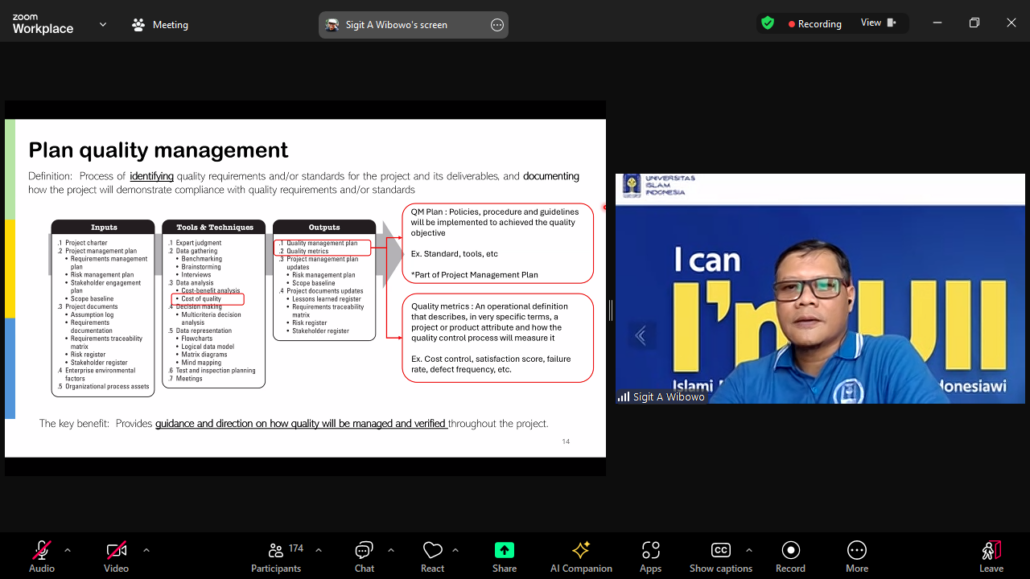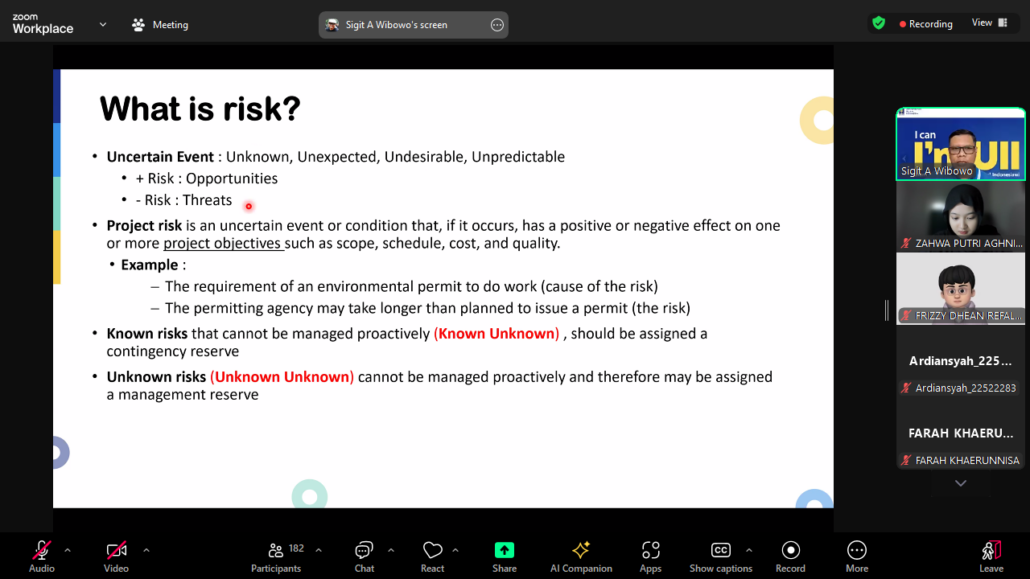Industrial Engineering students from the Faculty of Industrial Technology (FTI), Universitas Islam Indonesia (UII), have once again achieved remarkable success at the national level. A team of UII Industrial Engineering students won 1st place in the EGSA Essay Competition 2024, organized by the Environmental Geography Student Association (EGSA), Faculty of Geography, Universitas Gadjah Mada (UGM). They secured the victory with their essay titled WIJAYA: Waste-To-Energy Initiative For Jogja and Allied Actions, which presents an innovative solution towards achieving Net Zero Emission (NZE) 2060.
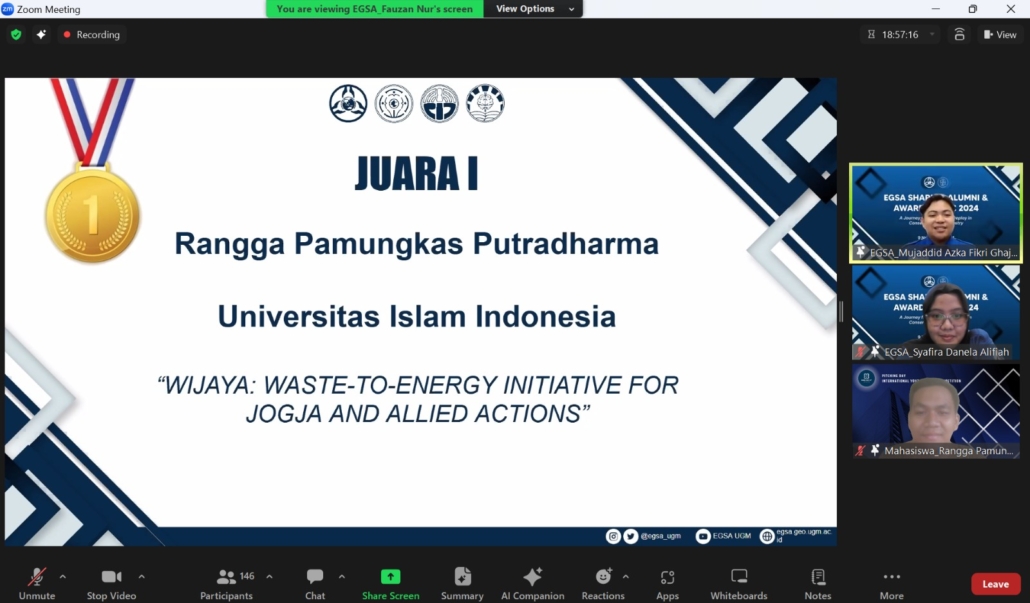
This essay competition encouraged students to put forward ideas and innovations related to environmental issues, under the theme “Pentahelix Synergy in Realizing Indonesia’s Commitment to Net Zero Emission 2060.” During their preparation, the team conducted in-depth research, brainstorming sessions, and a comprehensive framework-based analysis. They also integrated the pentahelix concept as a strategic solution for achieving the NZE 2060 target.
Team’s Progress
One of the team members, Rangga, shared that they collaborated with Dzaky Arkan Prabowo, a UII Chemical Engineering student, in writing the essay. “We collaborated with students from other programs because we felt this topic was closely related to their expertise. Although Industrial Engineering takes a holistic approach, we remain open to interdisciplinary collaboration to enrich our references and develop more innovative solutions,” he explained.
Rangga also provided some tips for students interested in joining similar competitions. According to him, it is crucial to set clear goals from the start, focus on idea development, and use feedback from previous competitions for evaluation. He also emphasized the importance of selecting teammates with high enthusiasm, as it plays a significant role in competing effectively.
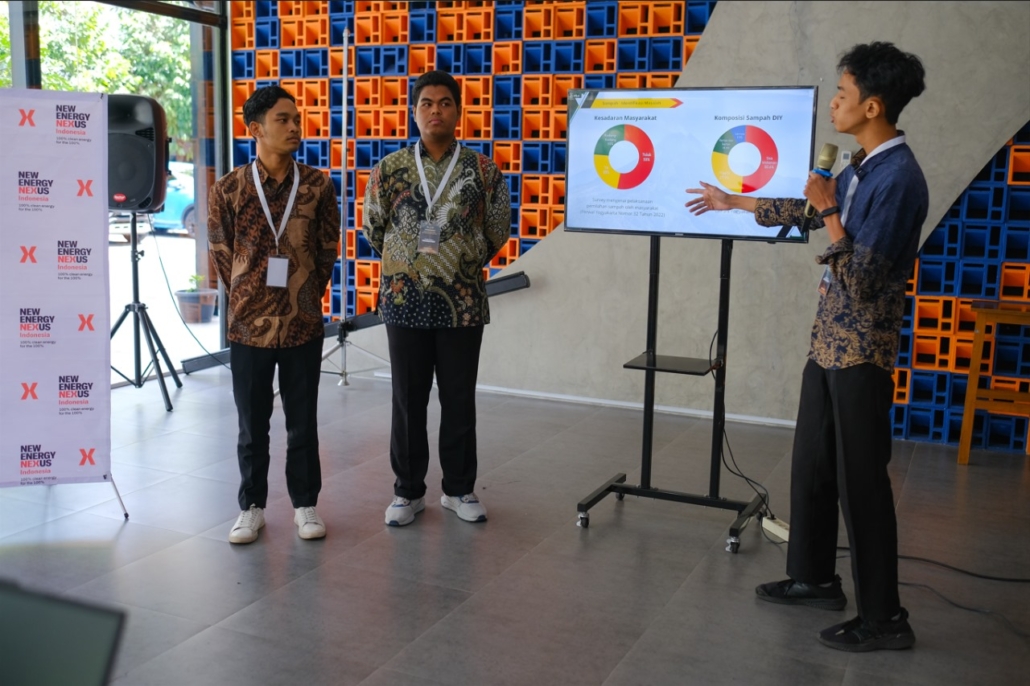
Other Outstanding Achievements
The achievements did not stop there. UII Industrial Engineering students also excelled in the Policy Case Competition: Crafting Innovative Policies to Advance Sustainable Energy Initiatives in Yogyakarta, organized by SRE UGM x New Energy Nexus Indonesia. A team of three Industrial Engineering students secured a Top 5 position and won the Best Presentation award with their proposal titled MERAPI: Membangun Energi Ramah dan Pertumbuhan Inklusif (Building Sustainable Energy and Inclusive Growth). This proposal introduced an innovative approach to developing renewable energy in Yogyakarta.
These accomplishments demonstrate that UII Industrial Engineering students are highly competitive at the national level and contribute significantly to strategic thinking on environmental and sustainability issues. With a spirit of collaboration and innovation, they continue to create concrete solutions to support a more sustainable environment.
List of UII Industrial Engineering Students in the Winning Teams:
| No | Competition | Name | NIM | Achievement |
|---|---|---|---|---|
| 1. | EGSA Essay Competition 2024 | Rangga Pamungkas Putradharma | 22522284 | 1st Place |
| Zahid Anugrah Muzaffar Rana | 22522100 | |||
| 2. | Policy Case Competition: Crafting Innovative Policies to Advance Sustainable Energy Initiatives in Yogyakarta | Azhar Anargya Aryasatya | 22522332 | TOP 5 & Best Presentation |
| Arkan Abbad Falah Wibowo | 22522231 | |||
| Rangga Pamungkas Putradharma | 22522284 |
Syawarani Gayatri

